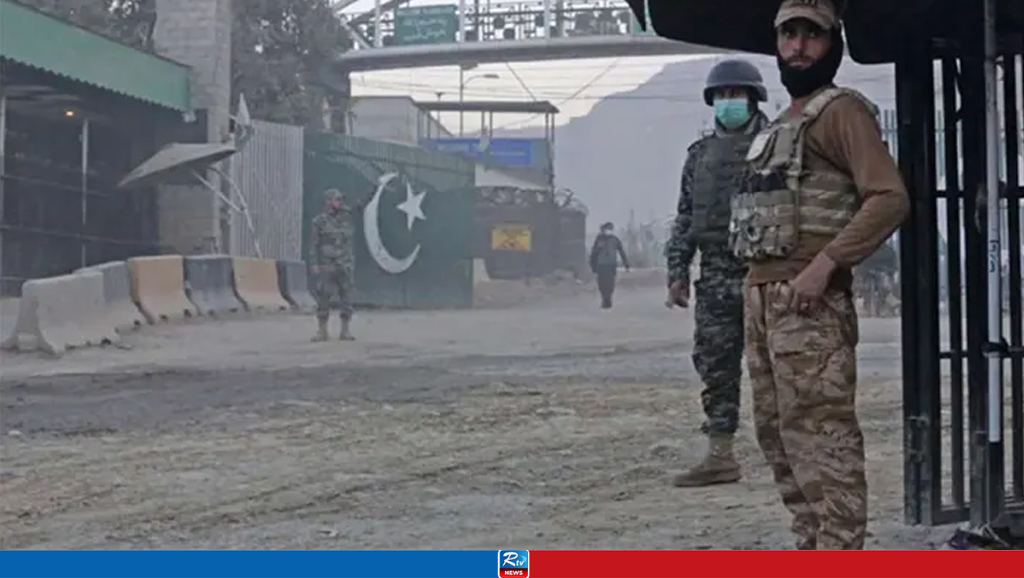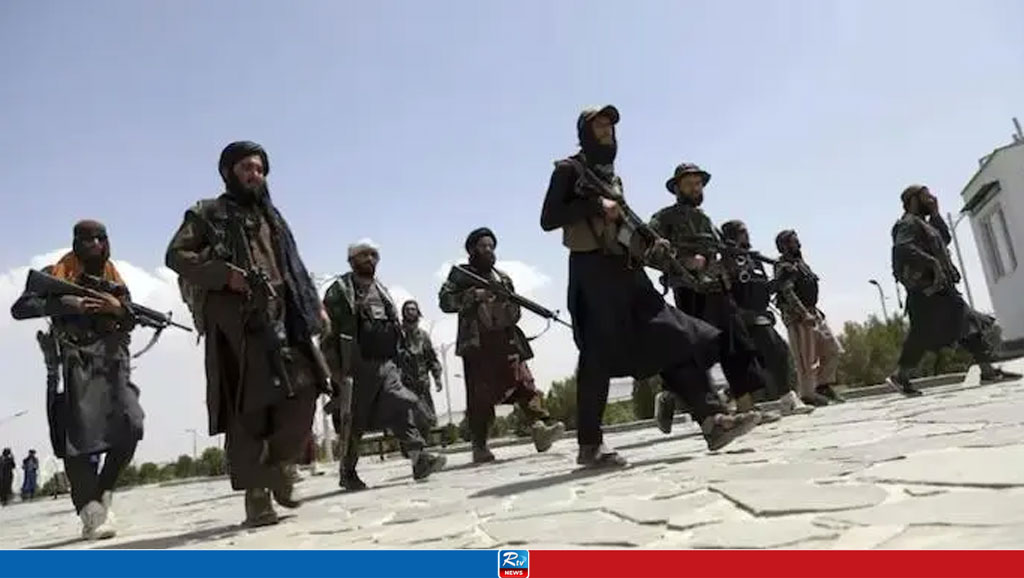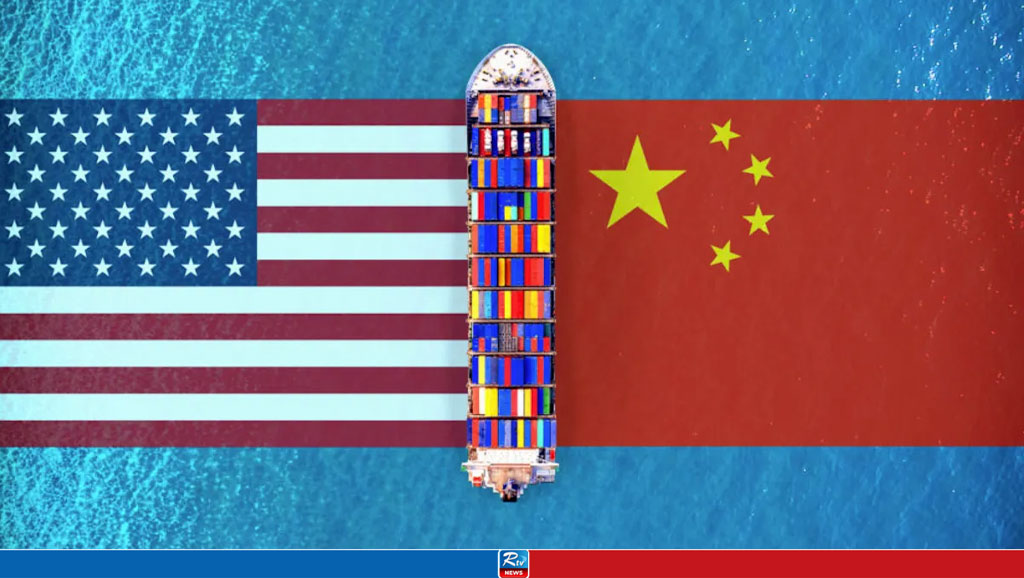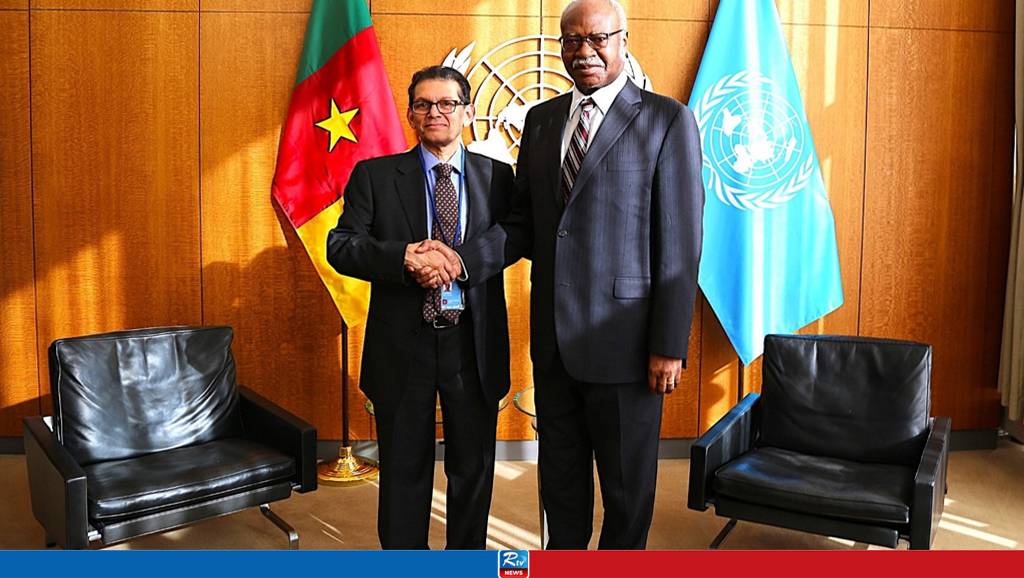Need to Move Away from Jihad: Former Diplomat Haqqani Urges Pakistan to Reassess Priorities

In a world marked by shifting alliances and evolving power dynamics, former Pakistani Ambassador to the United States, Husain Haqqani, has urged Pakistan to reassess its foreign policy strategy. Haqqani’s recent article in Pakistan’s The News underscores the need for pragmatism in a rapidly changing global landscape.
For years, accusations have persisted that elements within Pakistan’s government and military support jihadist groups operating in India and Afghanistan, allegations consistently denied by Islamabad. Haqqani believes that it is high time for Pakistan to reevaluate its priorities, emphasizing that its preoccupation with internal power struggles and involvement in neighboring conflicts has hindered its ability to adapt to the profound changes occurring on the world stage since the end of the Cold War in 1991.
“Despite being a staunch American ally during the mid-20th century, Pakistan missed out on the unipolar moment when the United States dominated the global order. Instead, Pakistan chose to incorporate anti-American sentiments into the longstanding negativity towards India, which has been ingrained in the nation’s identity since independence,” Haqqani observes.
Haqqani points to the United States and China as an example of pragmatism in international relations. Despite their rivalry and the 1962 border war between China and India, both nations have managed to maintain economic ties while keeping political and security matters separate. While acknowledging China’s growing influence on the global stage, Haqqani underscores that shared economic interests between China and the West have acted as a stabilizing factor, tempering hardline stances and contributing to global peace.
The former diplomat also highlights the United Arab Emirates (UAE) as a prime example of diplomatic pragmatism. Despite its vocal support for Palestinian rights and criticism of certain Israeli policies, in 2020, the UAE took a leadership role in the ‘Abraham Peace Accords,’ which aimed at normalizing relations between Arab nations and Israel. This diplomatic shift promised potential benefits for all parties involved.
In conclusion, Haqqani stresses that Pakistan must redirect its focus away from political disputes, rigid ideologies, and grandiose ambitions. Instead, he advocates embracing a more educated workforce, fostering wealth production, and cultivating leadership capable of adapting to the ever-changing global landscape.
As Pakistan navigates the complexities of international relations, Haqqani’s call for pragmatism resonates as a timely reminder of the need for flexibility and adaptability in an increasingly interconnected world.
Source: khalsavox.com
Comments
Plane Crash in South Korea: 179 Out of 181 Onboard Killed

19 Pakistani Soldiers Killed in Border Clash with Afghan Forces

Devastating Road Accident in Ethiopia: At Least 66 Dead

Afghanistan Taliban Targets "Several Points" in Pakistan, Tensions Increase

China's Trade Tensions With US Remain High Ahead of Trump Inauguration

China Firing Preemptive Trade War Shots at Trump

UNGA President, Dr. Khalilur Rahman Discuss 2025 Rohingya Conference


 Live Tv
Live Tv
